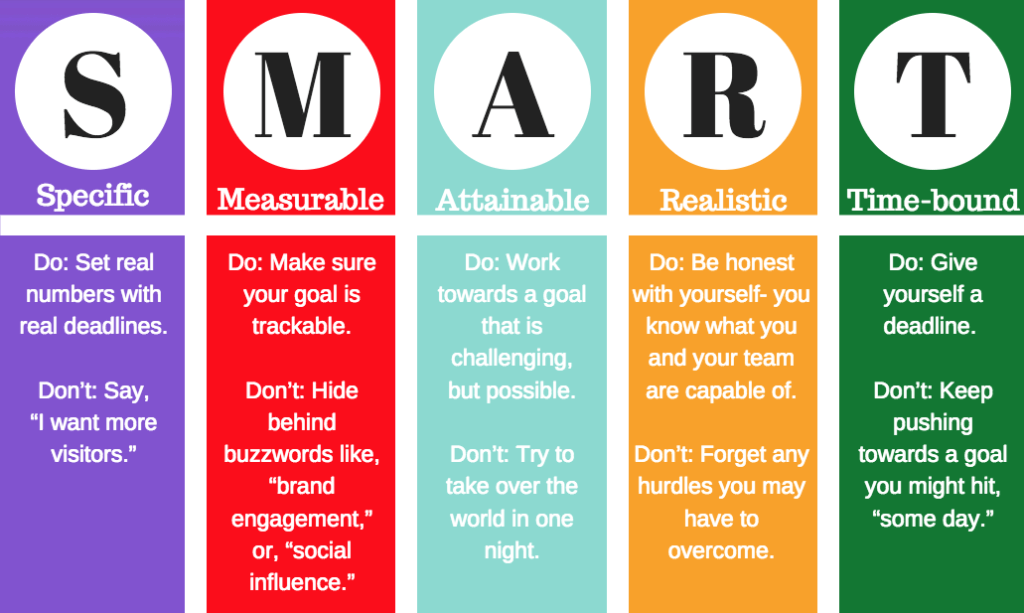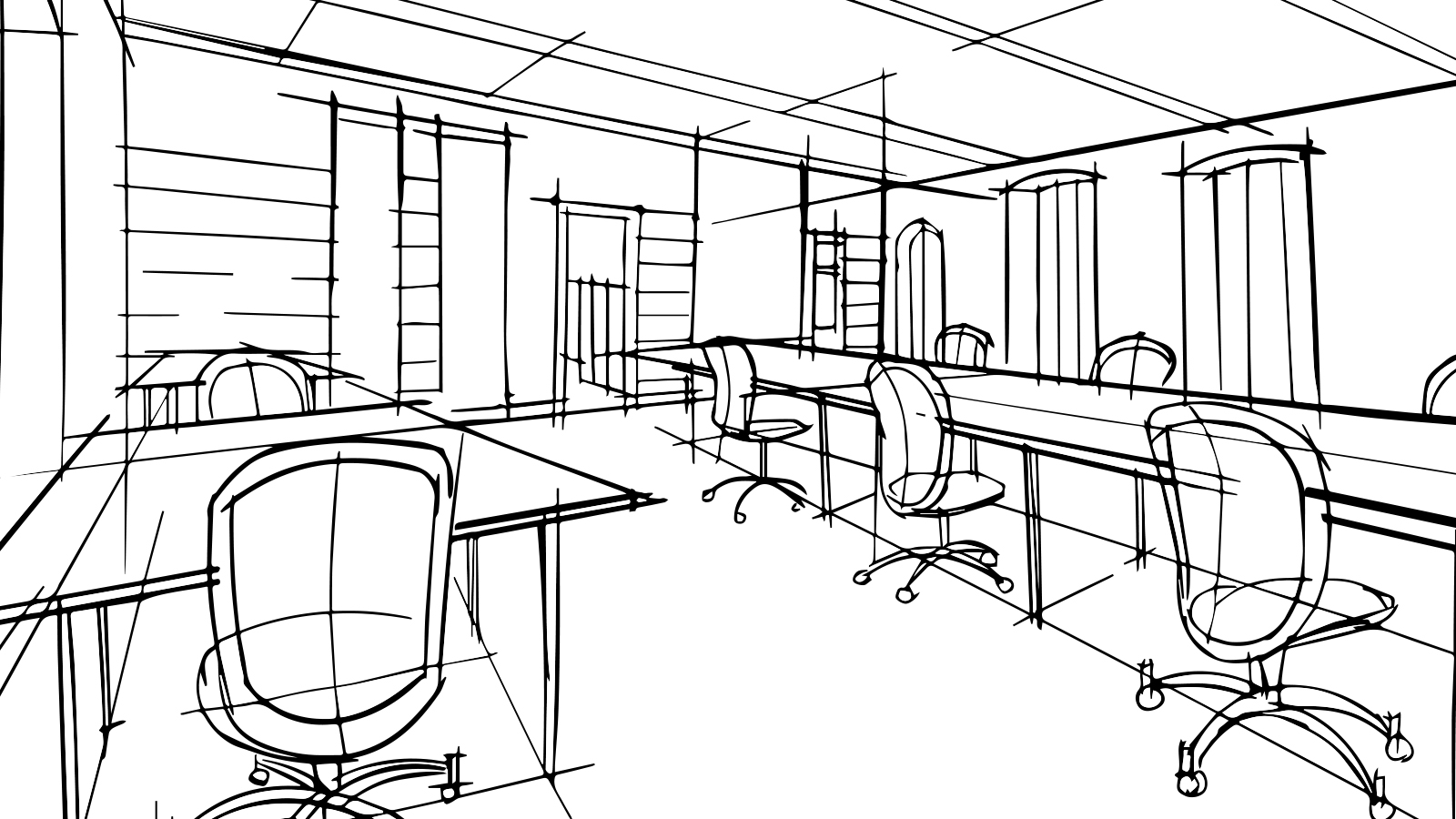
You can get help if you are thinking of a career shift but aren't sure what to do. Here are some steps you can take to find the career that you love. You need to identify your strengths and seek out advice from others. Keep your options open. These tips will help to find a fulfilling career. You might be asking, "What should I do?" This article will help you discover many career options.
Finding the career you love
There are many benefits to finding a career you love. This can give you a sense of purpose in your workday and help you reach goals that are important to you. You can also use your talents and unique skills. Finding a career you love is not easy. It takes time and patience. You need to be positive and open to change. Not every person can find a career they love, and this can be caused by circumstances or outside reasons. Sometimes, you may need to work in an incremental way toward a better career match or can make a complete shift if circumstances allow.
To find a job you love, the first step is to assess your current skills. While you can always learn new skills, it is important to assess your current capabilities. These skills can be very valuable to potential employers. Another important step to finding a career you love is establishing your personal brand. Your personal brand represents your professional identity. It is essential that you create a unique brand and use it to market yourself as an exceptional candidate.

Identify your strengths
If you're struggling to find a career path, identifying your strengths will help you decide which path to take. You'll feel happier at work and more fulfilled if you know what your strengths are. In addition, you'll be able to answer interview questions better if you know how to maximize your strengths.
Technical or soft strengths are possible. Your strength is based on your natural ability to perform a task. A career that requires you to understand how you approach problems can be a great choice. To make your strengths more useful, you can create a job description that reflects them.
Get suggestions from others
It is a good idea for those who don't know what they want to do to get suggestions from people who have worked in the same field. Senior professionals are likely to have worked in the same industry for a while and have many opportunities to network with other people in the same field. Ask them if you know anyone working in the field. Be honest about your circumstances.
Once you have compiled your list, you can cross out any career that doesn't suit you. This includes jobs that require very little education, have poor job prospects, or are low in soft skills. Once you have narrowed down your options to a manageable list, talk to people who are working in those jobs to see how they do it.

Keep your options open
When you aren't sure what career you want, there are many benefits to keeping your options open. One of those benefits is the ability to explore other opportunities and learn about various companies. It can help make better decisions when you are looking for a job.
Making a career plan
If you don’t know what you want, it can lead to feeling lost, overwhelmed, and helpless. It doesn't need to be this way! There are many options to find a rewarding career that you love, and keeps you motivated over the long term. Find out what drives you. The next step is to identify your passions and find the career opportunities that give you the most joy.
Another key benefit of having a career plan is that you will be less likely to blame external forces when things don't go the way you expected. Plan making will allow you to spot potential problems and make corrections. If you don't have a plan, it is possible to end up in a job which doesn't challenge your skills. It can be hard to find self-confidence.